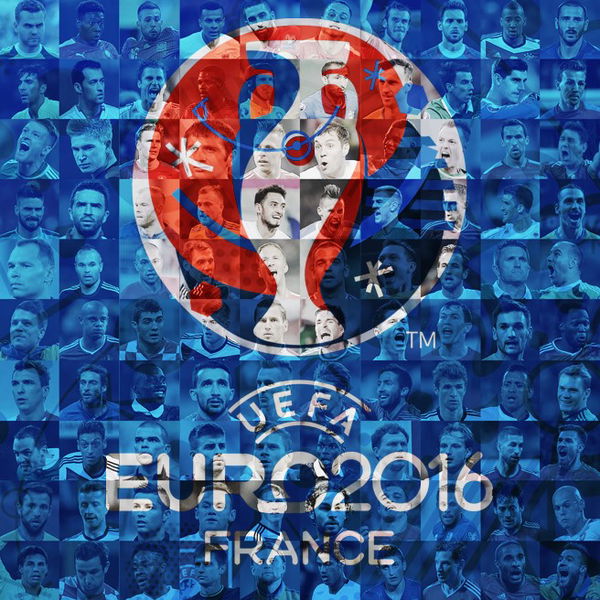

With the Euros done and dusted with the not-so-convincing winners Portugal, it would not be wrong to say that this Euro was one of the poorest major tournaments in quite a while. Fernando Santos’s Portuguese side epitomized the failure of the tournament. Very defensive and utterly boring in all their matches. Their group stage matches against Iceland and matches against Croatia and Poland were a big yawn. And the final, the supposed climax of the tournament, was an absolute disgrace. So why did this tournament pan out in the way it did?
The problem lies in the changes made in the format taking 24 finalists rather than 16. This meant that 3 teams could qualify from most groups, meaning 3 draws in 3 games was enough to qualify a team for the knockout stages. That’s how Portugal qualified, so had the format been the older one, Portugal would not even have got past the group stages let alone go on to win it.
The change in format saw very defensive group stage matches, meaning a very boring starting lineup of matches. The group stages saw only 62 goals at a rate of 1.92 goals per match- the second lowest ever in the history of the Euros. Most teams were looking for draws rather than wins leading to boring games unlike in previous Euro group stages which saw do or die scenarios.
Another thing to point out is the lack of involvement of strikers in the tournament. Forwards were not the ones scoring the goals, with the exception of Antoine Griezzmann. The forwards were not involved much in the matches as most possession was held in the not-so-threatening areas of midfield by most teams. It really pointed towards the fact that Europe is really short of quality strikers.
Maybe UEFA should wait a little longer to involve the lower ranked teams and let the number of teams be 16 until all the 24 teams are of at least a particular standard. Hopefully the exposure the teams got in this edition of the Euros will help increase competition in the next one.
ADVERTISEMENT
ADVERTISEMENT
ADVERTISEMENT
ADVERTISEMENT

